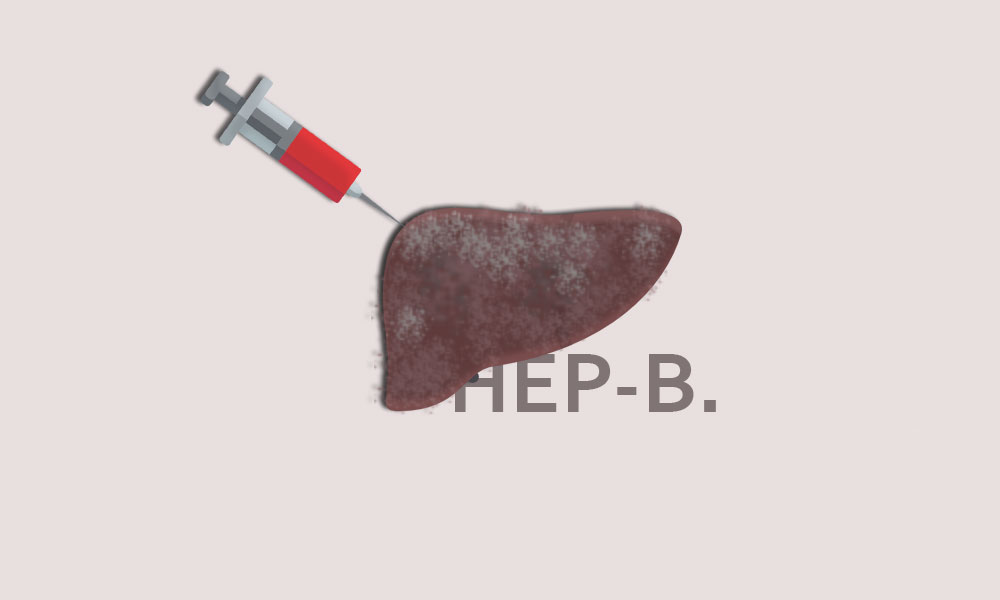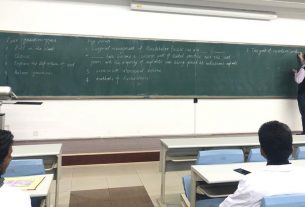Research has shown that the inability to render vaccinations at birth leads to the death of many who suffer from the viral disease.
Bangalore, April 12, 2018: The National Family Health Survey (NFHS-4) data has revealed that only 58.9 per cent children between the ages of 12 to 23 months receive three doses of Hepatitis B vaccine in Karnataka.
Dr. Rajeev D, MBBS, MD Pediatrics, based in Bangalore, “Hepatitis B is a viral infection that directly affects the liver. It can either cause acute infection or mortality. Without the administration of the vaccinations, the individual can develop chronic infections. Routine vaccination is done at birth itself. Another dose needs to be given one month after birth and the next after six months. So, in total three doses are necessary,” he said
A study which was conducted on Hepatitis B birth dosage in private and government hospitals in rural Karnataka found that the HPV vaccine dose coverage was low in a private hospital which was 43.35 per cent to 87.76 per cent in government hospitals.
A similar phenomenon was visible in the NFHS-4 data which revealed that in urban areas, where most children were born in private hospitals, the vaccine coverage was 54.1 per cent to 62.8 per cent in rural areas.
Dr. Raj Vigna Venugopal, Gastroenterologist at Manipal Hospital, said that Hepatitis B vaccine is very effective and it has become a part of the protocol when children are born in hospitals now. The incidence of the disease should come done in the following years if the vaccination is administered correctly. He also added that Hepatitis B can lead to complications like cirrhosis and liver cancer in patients.
If children less than six years of age get infected with the Hepatitis B virus, it makes them more susceptible to developing chronic infections later on in their life. In children, the probability is about 30 to 50 per cent and in infants, it is about 80 to 90 percent.
Globally, almost 240 million people are chronically affected by Hepatitis B virus, reports the World Health Organization (WHO). WHO statistics reveal that four crore people are chronically affected by Hepatitis B in the country and almost 1,15,000 people die due to complications in India. These numbers can easily be brought down with the administration of vaccination during childhood.
“The reason why people do not realize that they are suffering from Hepatitis B is because there aren’t really any visible symptoms. They only realize it when they come to the hospital for check-ups and screenings for treatment of some other ailment,” said Dr. Venugopal.
Dr. Rajeev added that after ten years, a booster dose is required which boosts the immune system against the disease. Ineffective screening of the blood during transfusions is a major reason for the infectious nature of the disease, he said.
Research conducted in Karnataka on Hepatitis B coverage in the state has revealed that administration of the vaccine within 24 hours prevents 15 percent of the total disease burden. The HBV vaccine in India was introduced initially under the Universal Immunization Programme in the year 2002. The protection of the vaccine lasts almost 20 years after administration and increases the antibody levels in almost 95 per cent of individuals who have been vaccinated.



